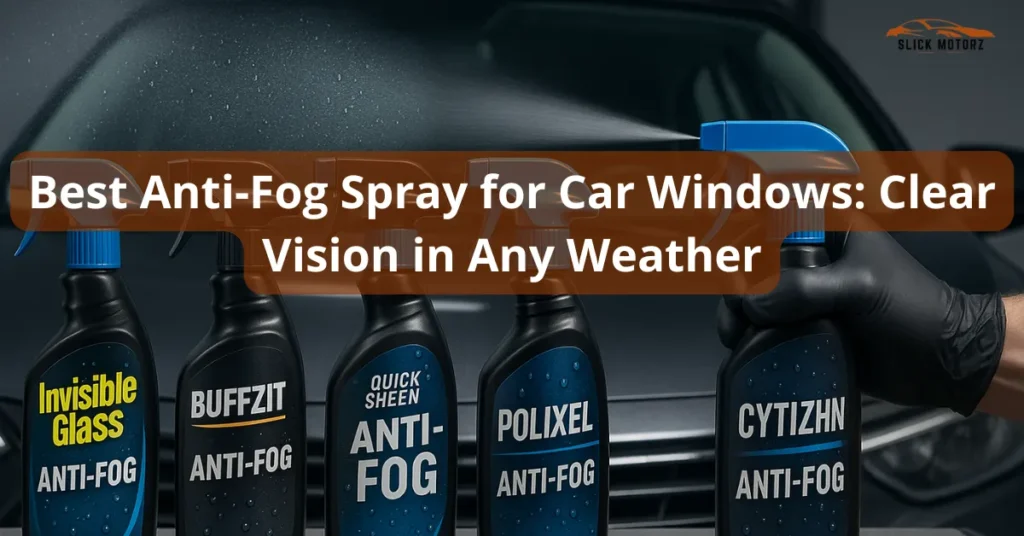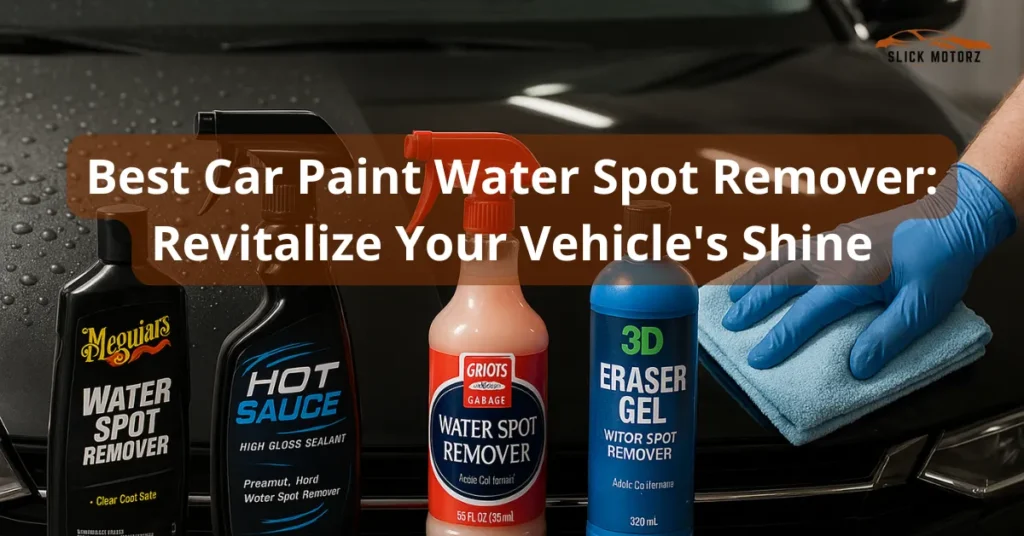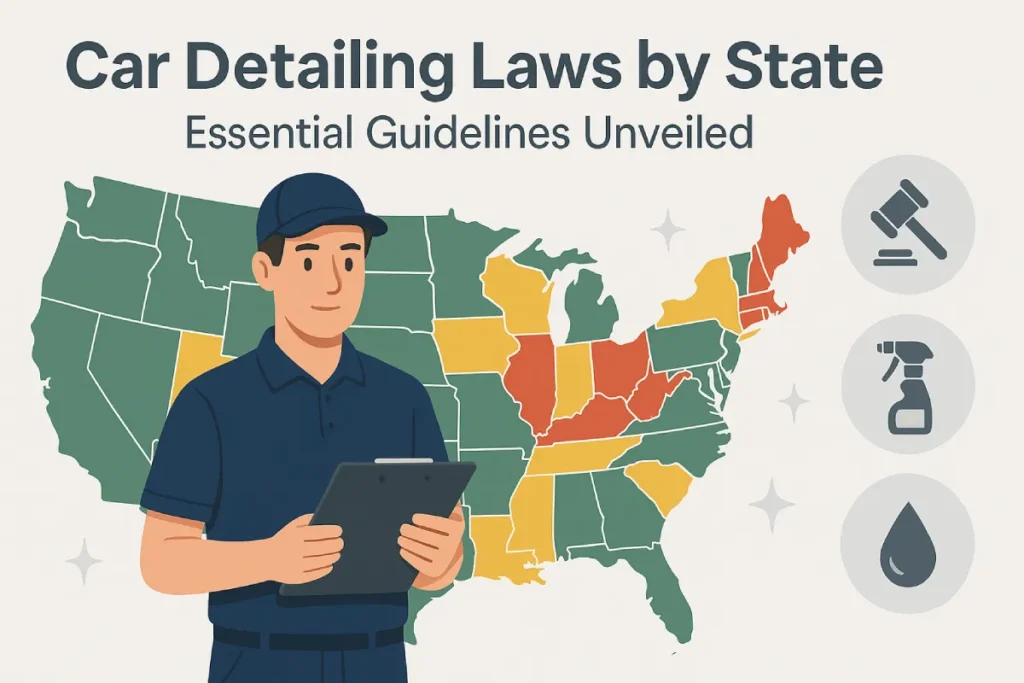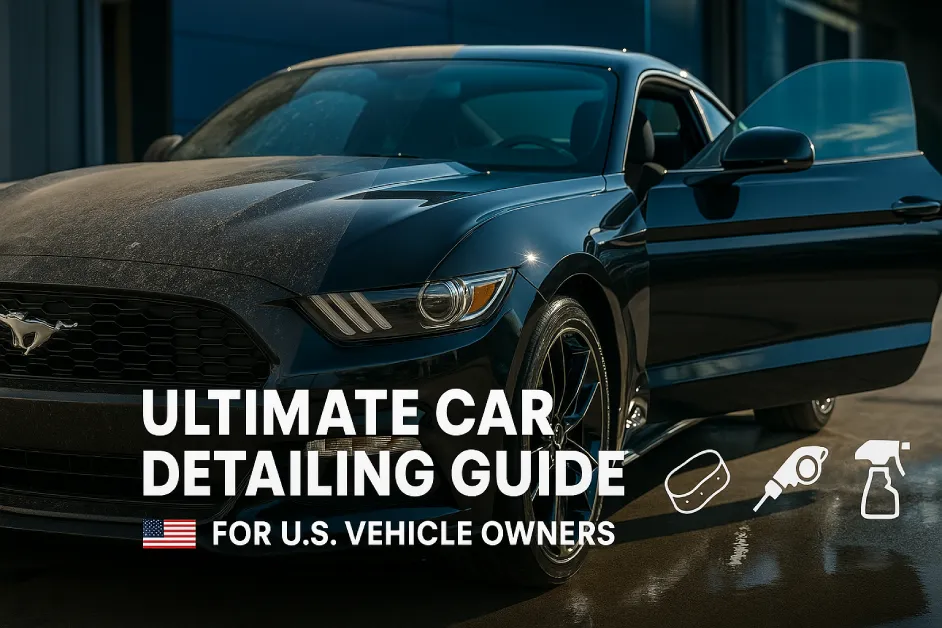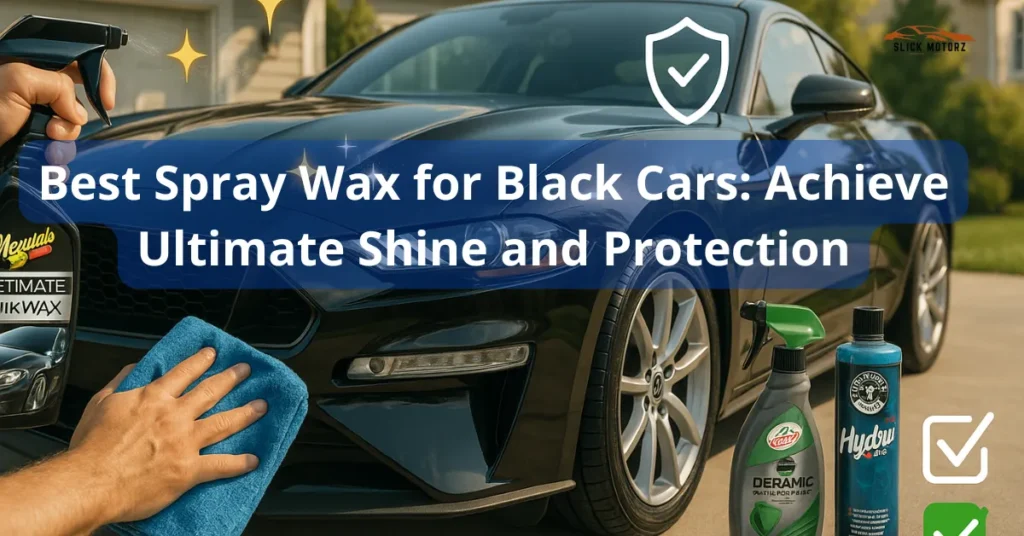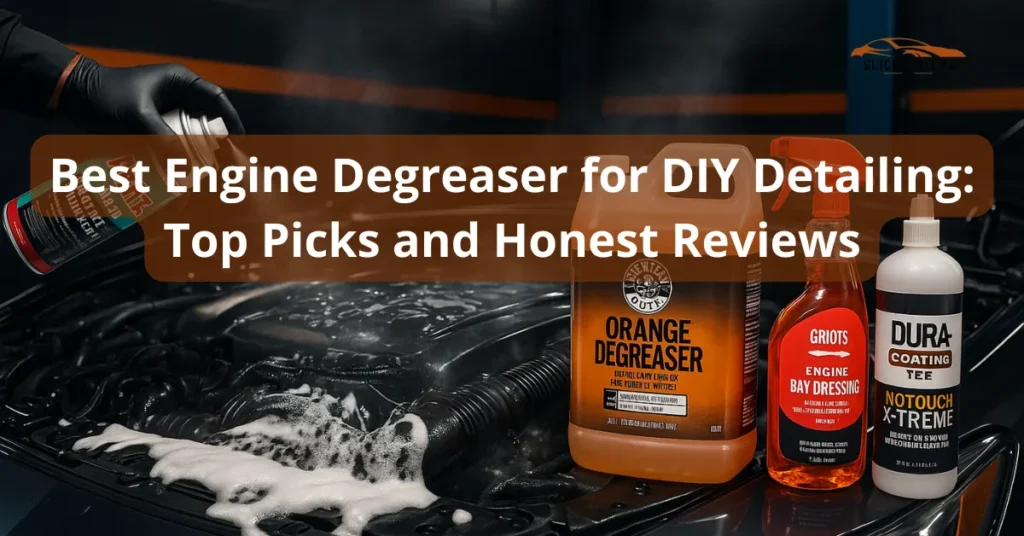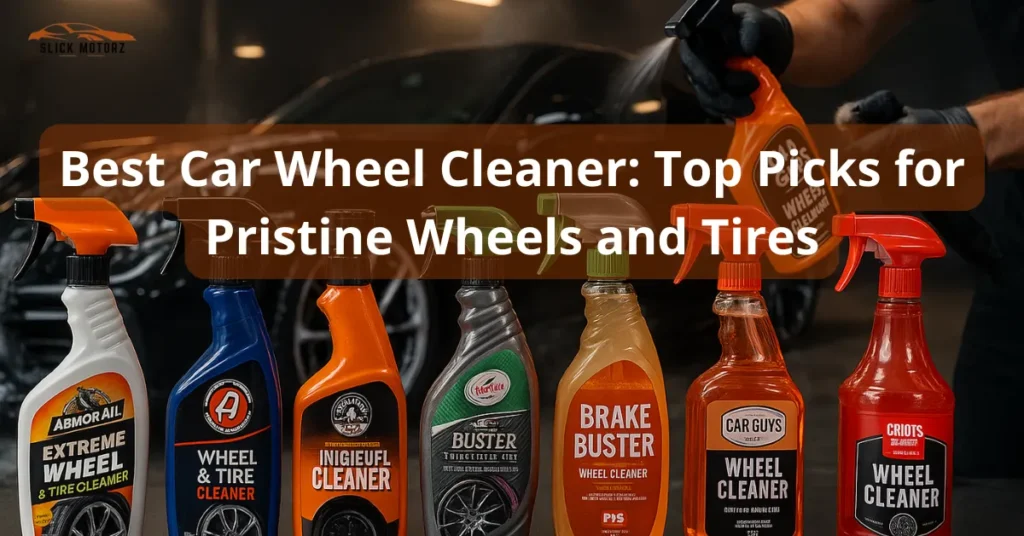If you own a car in New Hampshire and take pride in keeping it spotless, understanding the car detailing laws in New Hampshire is a must. You might think that detailing your vehicle is just about making it look good, but there are important rules that protect you, your neighbors, and the environment.
From noise limits on your car’s exhaust system to restrictions on water use and chemical disposal, knowing these laws can save you from fines and headaches. You’ll discover exactly what New Hampshire requires when it comes to car detailing. Keep reading to make sure your next detailing session is both legal and hassle-free.

Credit: www.needwindowtint.com
Nuisance Laws Affecting Car Detailing
Car detailing businesses in New Hampshire must follow certain nuisance laws. These laws protect neighbors from disturbances. Understanding these rules helps avoid legal troubles. The laws focus on noise, odors, and property use. Each factor can impact local communities differently.
Noise Restrictions
Noise limits prevent loud sounds during car detailing. Machines and tools must not be too noisy. Local ordinances set specific quiet hours. Business owners should keep noise levels low. This avoids complaints and possible fines.
Odor Regulations
Strong smells from cleaning products can cause problems. New Hampshire laws restrict harmful or offensive odors. Car detailers must use safe, low-odor chemicals. Proper ventilation helps reduce odor impact. Respecting these rules keeps neighbors comfortable.
Property Use Limits
Property use laws restrict certain activities in neighborhoods. Car detailing must comply with zoning rules. Some areas forbid commercial work on residential lots. Business owners should check local property limits. Staying within allowed uses prevents legal issues.

Credit: autospa-carwash.com
Vehicle Inspection Rules
Vehicle inspection rules in New Hampshire ensure cars meet safety and environmental standards. These rules protect drivers and passengers on the road. They also help reduce pollution and improve air quality. Understanding these rules is important for every car owner in the state.
Safety Inspection Requirements
New Hampshire requires most vehicles to pass a safety inspection. This inspection checks brakes, lights, tires, and other critical parts. Inspectors look for any issues that could cause accidents. Cars must be safe to drive on public roads. If a vehicle fails, repairs are needed before it can be driven legally.
Emissions Testing
Emissions testing is part of the inspection in certain areas. It measures the amount of pollution a car produces. Vehicles that pollute too much may fail the test. Owners must fix the problem to pass. This helps reduce harmful gases released into the air. Not all vehicles are required to do emissions testing.
Inspection Frequency
Most vehicles need an inspection every year. Some new cars get a longer period before the first inspection. Older cars must be checked more often. Regular inspections keep vehicles safe and clean. Missing or skipping inspections can lead to fines or penalties. Staying up to date is important for all drivers in New Hampshire.
Driving Regulations Impacting Detailers
Detailers in New Hampshire face specific driving regulations that affect their work. Understanding these rules helps maintain safety and avoid fines. These laws focus on vehicle condition and driver behavior on public roads. Compliance ensures a smooth operation and protects everyone on the road.
Clearing Snow And Ice
New Hampshire law requires drivers to remove all snow and ice from their vehicles. This rule ensures clear visibility and prevents debris from falling off. Detailers must clear their cars completely before driving. Ignoring this law can lead to fines and accidents.
Traffic Signal Compliance
Detailers must obey all traffic signals strictly. Stopping at red lights and arrows is mandatory. Drivers can only move on green signals or arrows. Yellow lights warn to prepare to stop unless it’s unsafe to do so. Following these rules avoids tickets and keeps traffic safe.
Distracted Driving Provisions
Distracted driving is prohibited under New Hampshire law. Detailers should avoid using phones or other distractions while driving. Negligent or reckless driving includes distracted actions. Staying focused helps prevent crashes and legal issues. Safe driving protects detailers and other road users.

Credit: demo.eread.club
Exhaust System Laws
Exhaust system laws in New Hampshire regulate vehicle emissions and noise. These laws help reduce pollution and maintain community peace. Vehicle owners must follow specific rules about their exhaust systems. Understanding these regulations ensures your car stays legal and safe on the road.
Muffler Requirements
New Hampshire requires all vehicles to have a working muffler. The muffler must prevent excessive noise and reduce harmful emissions. Removing or tampering with the muffler is against the law. This rule helps keep noise levels down and air clean for everyone.
Prohibited Modifications
Modifying the exhaust system to increase noise is illegal in New Hampshire. Devices like cutouts, bypasses, or straight pipes that make loud sounds are banned. These changes can lead to fines and vehicle inspection failures. Keeping your exhaust system factory-standard avoids legal trouble.
Noise Level Limits
New Hampshire sets noise limits for vehicle exhaust systems. Cars must not exceed these decibel limits when tested at certain distances. Excessive noise can disturb neighbors and lead to citations. Staying within noise limits helps maintain a quiet and peaceful environment.
Catalytic Converter Rules
The catalytic converter is an essential part of a vehicle’s emission control system. New Hampshire enforces strict rules about its handling to protect the environment and public health. Understanding these rules is important for car owners and detailers.
Removal Prohibition
Removing or tampering with a catalytic converter is illegal in New Hampshire. The law forbids taking it out unless replacing it with an approved part. Doing otherwise can lead to fines and penalties. This rule helps keep vehicles compliant with state emission standards.
Emission Control Importance
The catalytic converter reduces harmful gases from the exhaust. It turns dangerous chemicals into less harmful ones before they leave the tailpipe. Keeping it intact ensures cleaner air and fewer pollutants. Proper maintenance supports New Hampshire’s air quality goals and protects public health.
Enforcement And Penalties
Enforcing car detailing laws in New Hampshire ensures safety and environmental protection. Authorities monitor activities to prevent violations and nuisances. Violators face strict penalties that discourage improper practices. Understanding enforcement and penalties helps car detailers comply with the law.
Police Authority
Police in New Hampshire have the power to enforce car detailing regulations. They can inspect vehicles and detailing sites for compliance. Officers can issue warnings or citations on the spot. Their role includes preventing pollution and unsafe practices. Cooperation with the police helps avoid legal troubles.
Fines And Consequences
Violating car detailing laws can lead to fines and other penalties. Fines vary based on the offense’s severity and frequency. Repeat offenders face higher fines and possible business license suspension. Environmental damage caused by improper detailing may result in cleanup costs. Legal action can include court appearances and additional fees.
Local Permits And Licensing
Starting a car detailing business in New Hampshire requires careful attention to local permits and licensing. These rules protect the community and environment while ensuring your business operates legally. Understanding these requirements helps avoid fines and delays.
Business Licensing
New Hampshire mandates all businesses obtain a proper license before operating. Car detailing businesses must register with the state and local government. This process includes choosing a business name and filing necessary paperwork. A license confirms your business meets local standards and regulations. Renew your license regularly to stay compliant.
Environmental Permits
Car detailing involves water and chemicals that can impact the environment. New Hampshire requires certain environmental permits to manage waste and water runoff. These permits control the discharge of wastewater and chemicals into the ground or water systems. Follow state guidelines to reduce pollution risks. Failure to get permits can result in heavy fines and shutdowns.
Best Practices For Compliance
Following best practices for compliance helps car detailing businesses operate smoothly in New Hampshire. It ensures respect for local laws and community standards. Staying compliant avoids fines and builds customer trust. Focus on noise control, waste disposal, and customer safety to meet legal requirements.
Noise Control Tips
Keep noise levels low to prevent disturbances. Use quieter equipment or schedule work during daytime hours. Avoid loud music and shouting. Inform neighbors about your operating hours. Monitor noise regularly to stay within local limits.
Proper Waste Disposal
Dispose of chemicals and wastewater responsibly. Use approved containers for hazardous materials. Never pour waste into storm drains or soil. Partner with licensed waste disposal services. Keep records of waste disposal to prove compliance.
Customer Safety Measures
Maintain a clean and organized workspace. Use non-toxic cleaning products when possible. Provide clear instructions for vehicle handling. Keep emergency equipment like fire extinguishers nearby. Train staff on safety protocols and first aid.
Frequently Asked Questions
What Are The Nuisance Laws In New Hampshire?
New Hampshire nuisance laws prohibit unreasonable noise, offensive odors, and disruptive property use. These protect neighbors from disturbances and ensure peaceful living.
Do You Have To Inspect Your Car In New Hampshire?
New Hampshire no longer requires routine vehicle safety inspections. Emissions and safety checks are not mandatory for most cars. Always verify local rules for specific vehicle types or conditions.
What Are The Driving Laws In New Hampshire?
New Hampshire law requires clearing snow from vehicles, keeping right except to pass, obeying traffic signals, and no reckless driving. Speed limits and teen driving rules apply. Vehicles must have functioning mufflers to control noise. Distracted and drunk driving are prohibited.
What Are The Exhaust Laws In New Hampshire?
New Hampshire requires vehicles to have a working muffler to prevent excessive noise. Muffler cutouts, bypasses, straight pipes, and catalytic converter removal are illegal. Vehicles must meet noise limits and pass inspections to comply with exhaust laws.
Conclusion
Understanding car detailing laws in New Hampshire helps you stay safe and legal. Keep your vehicle clean, but avoid actions that cause noise or odors. Follow state rules about vehicle condition and safety inspections. Respect neighbors by controlling any disturbances from detailing activities.
Staying informed prevents fines and legal problems. Always check local regulations before detailing your car. This ensures your work meets New Hampshire’s standards. Protect your investment and community with proper care and compliance. Simple steps keep your car shining without breaking any laws.









